Where to Install Your Home Security Camera?
There are no universal rules for security camera placement, as your property layout, budget, and home security priorities are different from those of your neighbors. However, this guide will help you explore all aspects of your home security settings and determine what you need based on your home's vulnerabilities. Not all homes are the same, but everyone's property deserves protection. Security cameras are an excellent tool for peace of mind as they allow you to monitor your property.

Fortunately, there are some solid guidelines for the placement of security camera that can increase the level of security in your home. A plan for you to design your configuration is an excellent option because you can configure and reconfigure your home security plan as circumstances and problems change. However, you can decide where to place the camera, not a security expert.
Before starting the installation, it may take some time to assess your property, home, and security concerns. An easy way is to sketch or outline your home or property and mark entry points and special issues. You can then start drawing where to place the cameras and sensors and create a placement map for your home security camera. After deciding where to place the security cameras and sensors, mark them on the diagram. This allows you to design the most balanced and adequate coverage with the required number of cameras and sensors before drilling holes in the wall.
Where Do You Need a Security Camera?
The first defense line is the front door, so you'll need a camera to capture activity from the main front door and the ground floor or basement windows.
In addition, the camera should cover areas that could be targeted by thieves, such as driveways, porches, garages, and sheds.
Finally, consider placing cameras to monitor the front and backyards. These cameras can warn you that someone is getting too close before approaching the entrance, such as an early warning system. Entities and areas with heavy traffic are considered for residential security cameras at home.

The Best Place to Install a Security Camera
The location in or around your house provides the most expansive field of view. All homes are in different places, but most are heavily trafficked and prone to intrusion. The security camera should cover as many of these areas as possible.
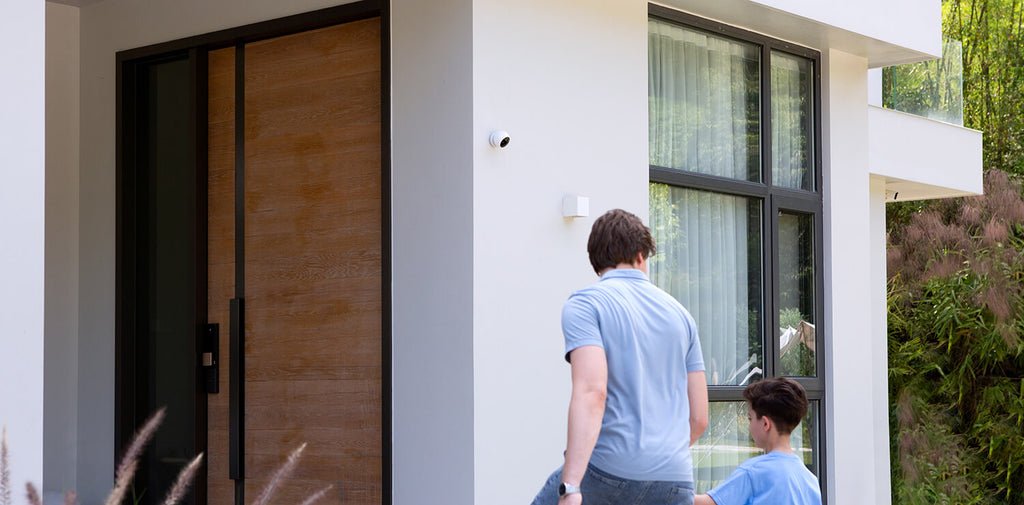
-
Front door
-
Rear door
-
Side door
-
Windows
More than one-third of thieves enter the house through the front or back door. Place the external security camera on or near the door leading to the house. A window is facing the street. Windows that do not meet the road directly may be vulnerable to entry for privacy reasons. Place an external outdoor security camera on these windows or use an internal indoor security camera facing the associated window.

-
Lane
-
Public Place
-
Stairs
As thieves approach your home, they may walk your driveway or try to enter through your garage door. Placing an external security camera on the driveway helps detect suspicious activity. If thieves break into your home, they look for valuables in certain areas, such as the living room or main bedroom. Use the camera to monitor these spaces. Some homes have balconies, basements, and stairs leading to entry points that thieves can use to enter. Place the camera on the stairs to monitor suspicious activity.
Need to buy a Wired or Wireless Security Camera?
Wired Security Camera
This means that the camera relies on a wired power connection and connects to the internet. Wired Security Camera installations have some placement restrictions, but the connection is more reliable and secure. Think about where you have to run the wire and how long you need to be. You can always buy a longer extension cable.
Wireless Security Camera
The camera could be connected to the network wirelessly, but it requires a power cord. These cameras are sometimes referred to as "wired" because they need wires. The Wireless Security Camera works with a battery pack and doesn't require wires. These cameras work without a power cord and are sometimes referred to as wireless cameras.
Tips for Placing Home Security Cameras
Keep the Security Camera High
The proper placement is essential when considering installing your home security camera. All cameras should be unreachable so that they cannot be easily knocked down or damaged. Place the external camera upstairs (at least 9 feet above the ground) and the internal security camera near the ceiling. Make sure the camera is also firmly attached. Some cameras can be glued to the surface but screwed indirectly, and it is safer to hang them on the wall.

Angle the Security Camera Correctly
Finding a right angle that complements the security camera placement is as important as the placement itself. If you don't place your home security camera directly above a window or door and at the right angle, you can catch only the top of the thief's head. Instead, place the security camera 1-2 feet next to the door or window with the camera tilted towards the entrance. Don't be afraid to make the security camera visible. It may help drive away up to two-thirds of the potential prowl.
Consider Wi-Fi Signal Strength
If you have a wireless camera, check the Wi-Fi signal around your house. The video image may be choppy or distorted if the Wi-Fi signal is weak. The home security camera must have reliable access to a strong Wi-Fi signal to capture and replay the video. If you lose the network, your smart camera may be disconnected from your home security system.

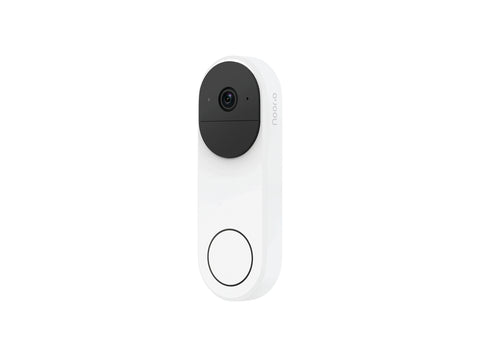
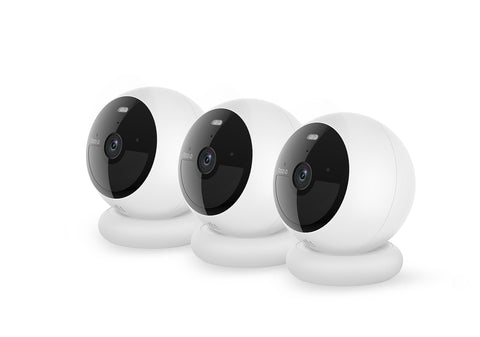
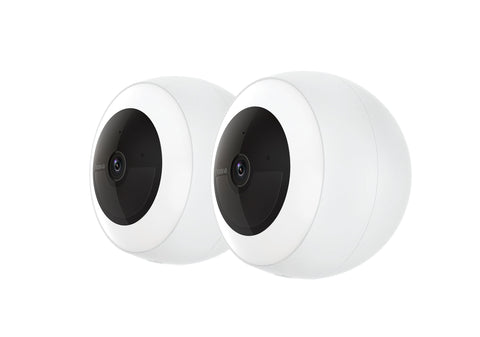
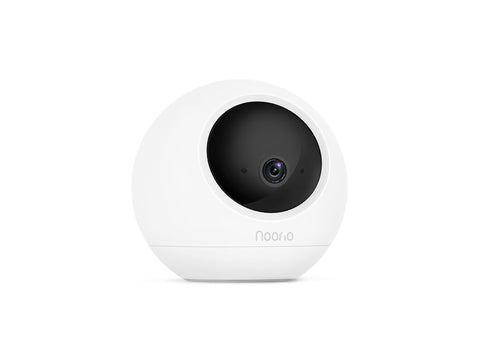
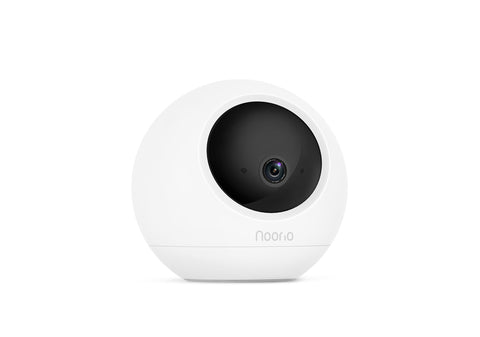
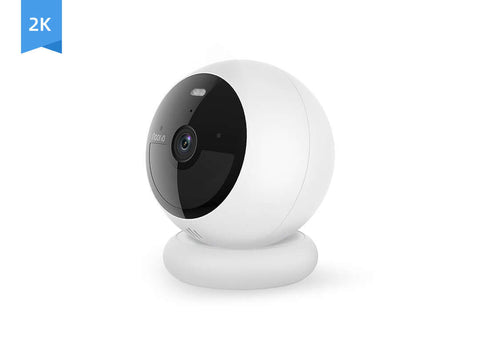






1 commento
Question: Can I install B310 on the ceiling? Is the screw racket strong enough to hold it on the celing?